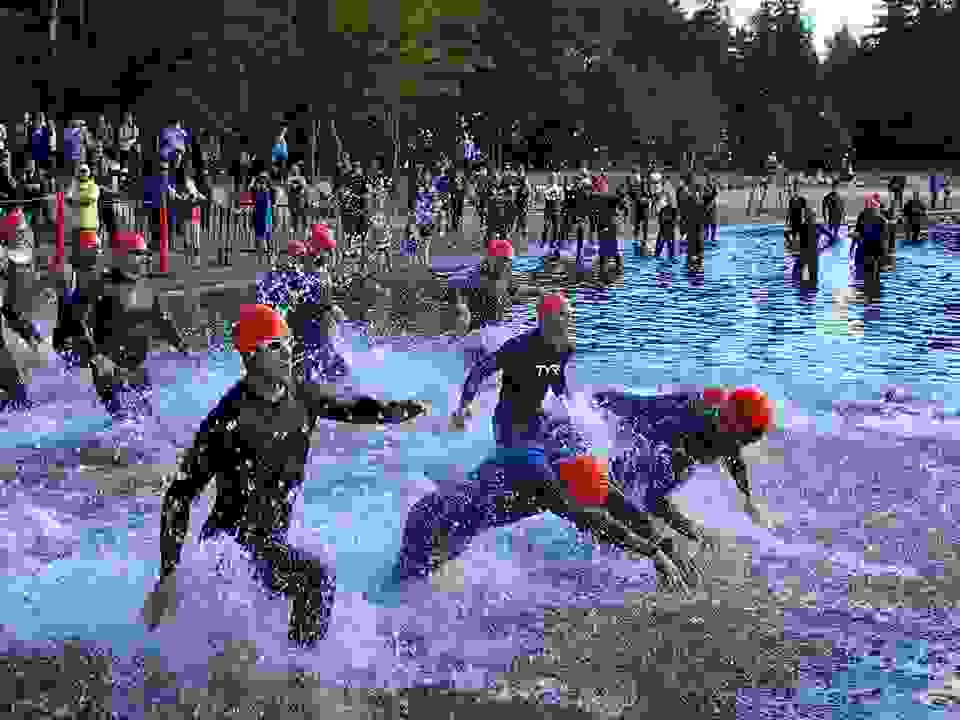Understanding Your Swim Data
Enter your times for two swim distances (e.g., 200m and 400m). The calculator will estimate your Critical Swim Speed (CSS)—the pace you can sustain for long periods without excessive fatigue.
CSS helps tailor your swim training to your real fitness. Track progress, plan race strategies, and stay motivated with clear goals.
Zone 1 (Easy): CSS + 20-30%
Zone 2 (Steady): CSS + 15-20%
Zone 3 (Threshold): CSS + 10-15%
Zone 4 (Hard): CSS + 5-10%
Zone 5 (Very Hard): CSS to CSS + 5%
Calculate your Critical Swim Speed and personalized training zones for optimal swim performance.
How This Calculator Works
Critical Swim Speed (CSS) represents your lactate threshold pace:
- Test with two time trials at different distances
- CSS approximates the pace you can maintain for 30-60 minutes
- Training zones are based on percentages of your CSS
- Ironman predictions use zone-appropriate pacing for each distance
Need help?
Swim CSS Calculator: FAQs
The Swim Speed and Critical Swim Speed (CSS) Calculator is a tool for swimmers and triathletes. It helps you measure your current swim fitness by calculating your CSS, which is the fastest pace you can hold for a long time without getting too tired. You enter your times for two different swim distances, and the calculator does the rest.
To calculate CSS, swim two time trials—usually 200 and 400 meters or yards. Enter your times into the calculator. It uses this formula:
CSS = ((Time for Longer Distance – Time for Shorter Distance) / (Longer Distance – Shorter Distance)) × 100
This gives you your sustainable pace per 100 meters or yards.
Training zones are target pace ranges based on your CSS.
CSS + 20–30% (recovery, basic endurance)
CSS + 15–20% (aerobic)
CSS + 10–15% (lactate threshold)
CSS + 5–10% (VO2 max)
CSS to CSS + 5% (speed work)
These zones help you train each aspect of your swimming: endurance, speed, and race readiness.
CSS is backed by research in exercise physiology. It’s closely related to your anaerobic threshold—the speed you can maintain before lactic acid builds up and causes fatigue. Coaches worldwide use CSS because it’s reliable and practical.


